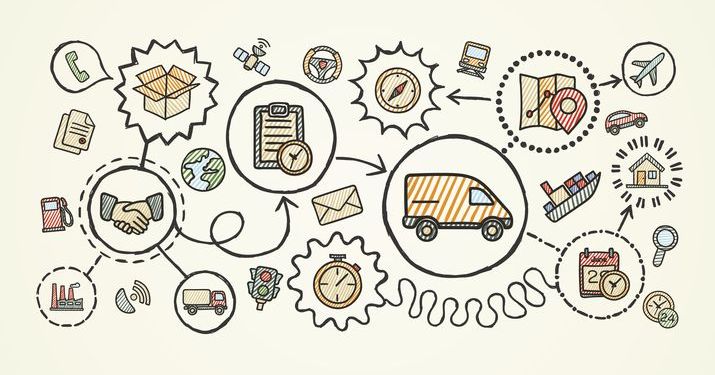In this day and age, the role of transport in logistics is one of the most visible elements within the overall operations and an important operator within the national economy. Regardless of what core your business offerings are, whether its service provision, manufacturing and production, or retail, transport plays a great role in business operations whereby you will rely on it for the movement goods from Point A to Point B.
The efficiencies in transport involves in minimizing the time and cost of spatial relationships in terms of the respective business. Whether it’s between factories and warehouses, origin to destination, the role of transport in logistics is essential to ensuring efficiencies and turnaround. The role of transport in logistics factors in different components or elements, if you will. These include looking at transport from different angles, such as a utility, and also in production & marketing.
The definition of utility in this context is the function of usefulness or the provision of satisfaction. With concern business operations and transport, the utility in function serves to fulfil the need to have the goods in place at the right time and the right form in possession of the individual who wishes to consume or utilize them. That is why Just-in systems are integral to businesses and the delivery of goods. The utility factors place, time, form, and possession. Without these, the goods in question may lose its value. This is one aspect as to why the role of transport in logistics of a business is vital.
The role of transport in logistics of production and marketing is another aspect within a business that needs to be factored. Total transportation planning for business operations required great skill as it will require assessing the transportation of the goods used firstly in the production and then later the marketing stage. The responsibility of these planning tasks during production falls on the executives within procurement or general administration, whilst the planning tasks during marketing falls on the marketing manager in terms of getting the goods to market. However, ensuring the deliverability of the goods, in terms of time, costs and quality is often left to other executives.
Image: Michigan State

